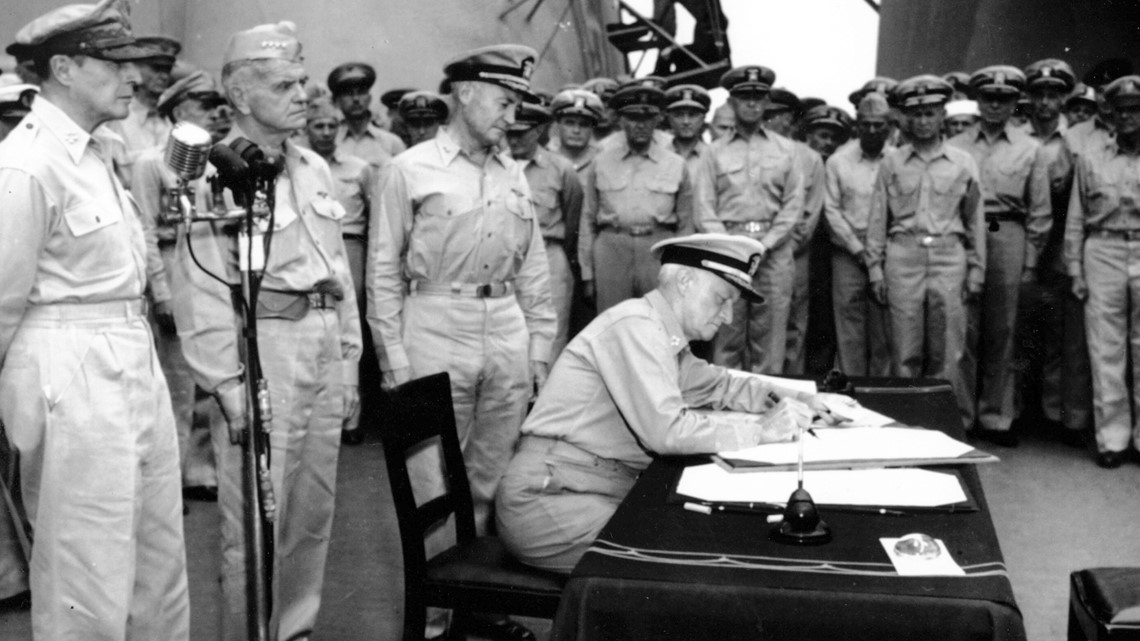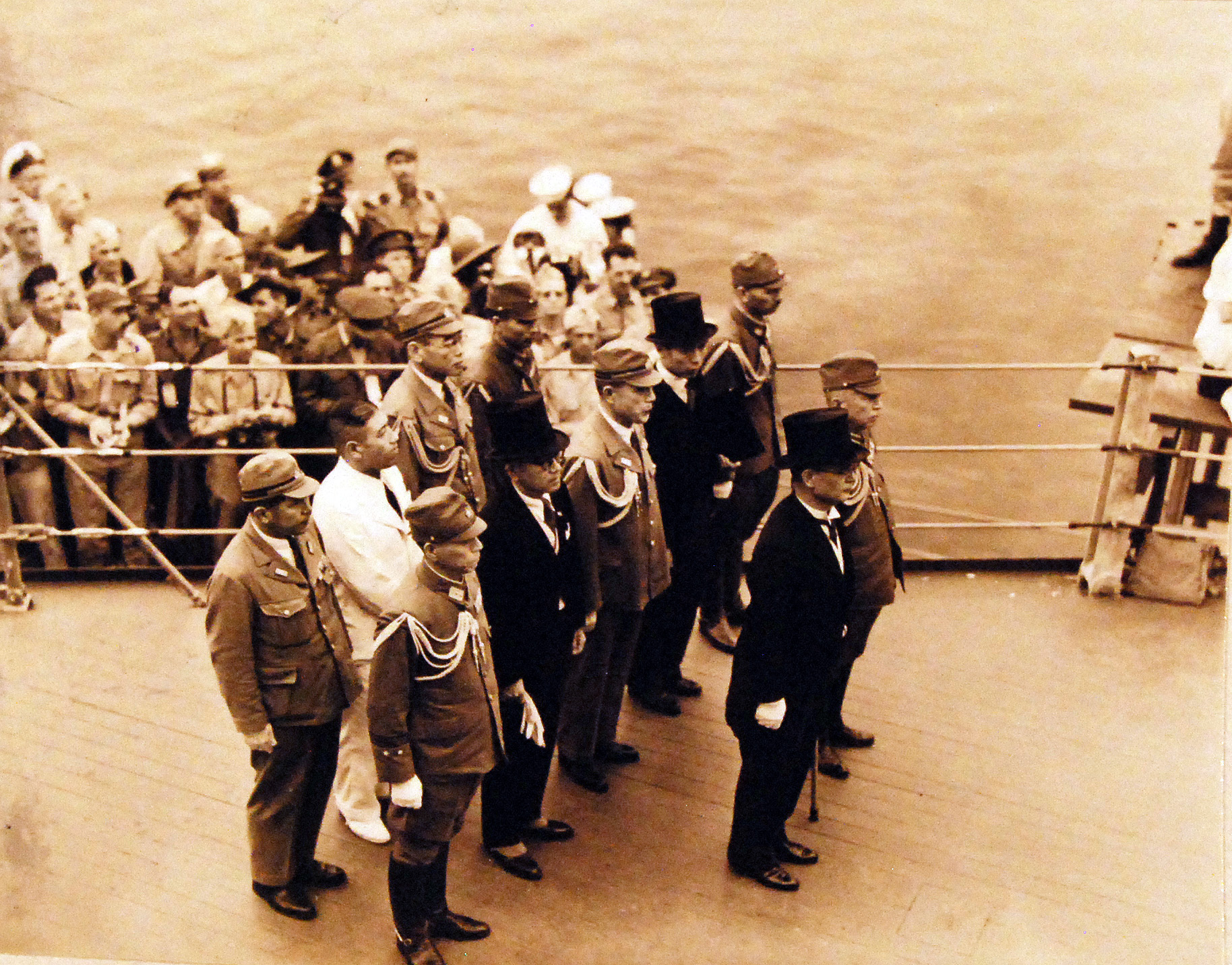
What are the reasons why Japan surrendered? Japan surrendered to the United States on August 9, 1945. But military members forced postponement of the meeting to the morning of August 9.Why did Japan surrender? The reason Japan surrendered in World War II

The one thing the news of Hiroshima did do was to provide the warrant for a meeting of the Big Six. Given this reaction, it’s obvious that a one-bomb demonstration never would have convinced Japanese leaders to capitulate. Hence, these top uniformed leaders refused to concede that the United States possessed more than one bomb, or perhaps a few, but not an arsenal of powerful atomic weapons. It produced no actual bomb, but it educated top officials that the production of fissionable material to make an atomic bomb was stupendously difficult. This unfazed, immediate reaction stemmed from Japan’s own atomic bomb program. Top naval leaders allowed that the Americans might have used an atomic bomb, but even so, they could not possess more atomic bombs, or if they did, they would not be that powerful. But the stance of the Imperial Navy was much more ominous. The Imperial Army declared they would only concede it was an atomic bomb after an investigation. The reaction by Japanese armed forces to Truman’s claim is extremely important. Tokyo received news of a devastating but mysterious event in Hiroshima on August 6, but only the next day learned President Truman maintained it was an atomic bomb. They projected the real crisis would come in the fall, particularly when the rice crop was due. “The domestic situation” became the euphemism these elite leaders employed to mask their real fear. This was primarily because of the American campaign of devastating fire-bombing attacks on cities, and the increasingly dire food situation. On the other hand, as the summer progressed, the emperor and other key members of the inner leadership experienced truly terrifying anxiety that the Japanese people were nearing a revolutionary moment. Only gradually into July reports reaching the emperor raised his doubts about its likelihood of its success. A second reason was Ketsu Go: the planned Armageddon battle on Kyushu to turn the military situation to Japan’s favor. Except for one extraordinary situation in 1936 when he moved forcefully to demand suppression of a military mutiny in Tokyo, Hirohito avoided any attempt to rule Japan directly. Explanation for his inaction probably reflects three strands. Prior to the atomic bombing of Hiroshima, Hirohito failed to intervene as the Soviet mediation effort went nowhere. The National WWII Museum, Gift of Dylan Utley, 2012.019.721 As noted in another part of this series, this effort remained stillborn.Įmperor Hirohito. He secured their agreement to approach the Soviets.

In view of Germany’s renewed war after the Treaty of Versailles, there is zero chance US leaders would have accepted that framework to end the war.īased on Kido’s memorandum, the emperor met with the inner cabinet, termed the Big Six for its membership. But there would be no occupation of Japanese soil, thus assuring continuance of the imperial system and Hirohito’s seat on the throne. Japan might have to give up her overseas conquests and endure a period of disarmament. As for settlement terms, Kido’s conjured up a copy of the Treaty of Versailles. Rejecting any direct approach to the United States, Kido urged a negotiated settlement achieved by Soviet mediation. Marquis Kido, Hirohito’s principal adviser, presented to him a memorandum proposing a path to peace in June 1945. This was spurned by his military paladins-yet another signal the armed forces recognized no master. He thus urged that Japan should launch a new offensive in China. Through May 1945, he believed a major Japanese military victory must precede any move toward peace, or Japan’s hopes for something other than unconditional surrender would be vain. Courtesy National Archives.Įmperor Hirohito’s path to making that political decision was scarcely straight.


Emperor Hirohito meets War Minister Hideki Tojo, October 1941.


 0 kommentar(er)
0 kommentar(er)
